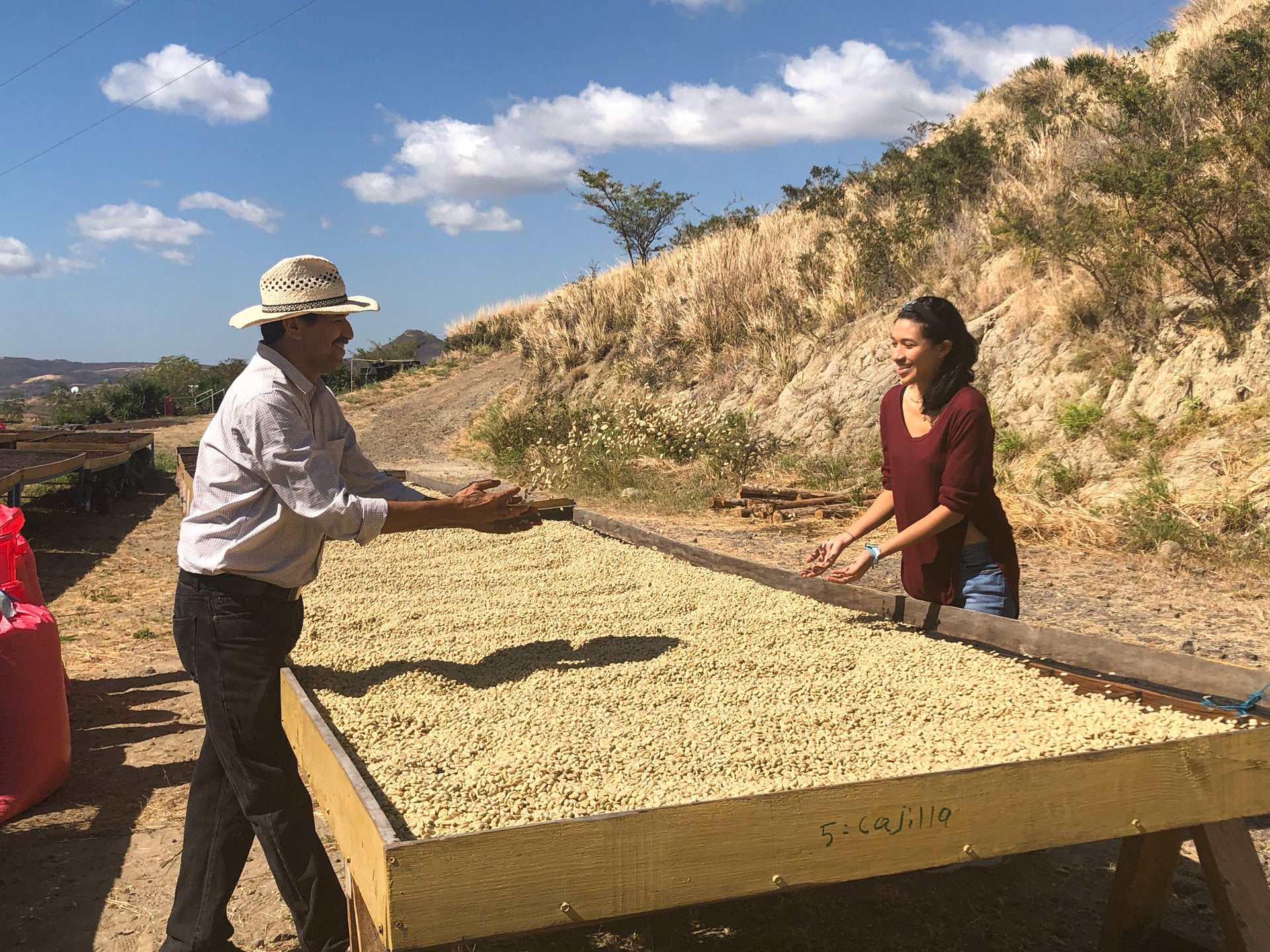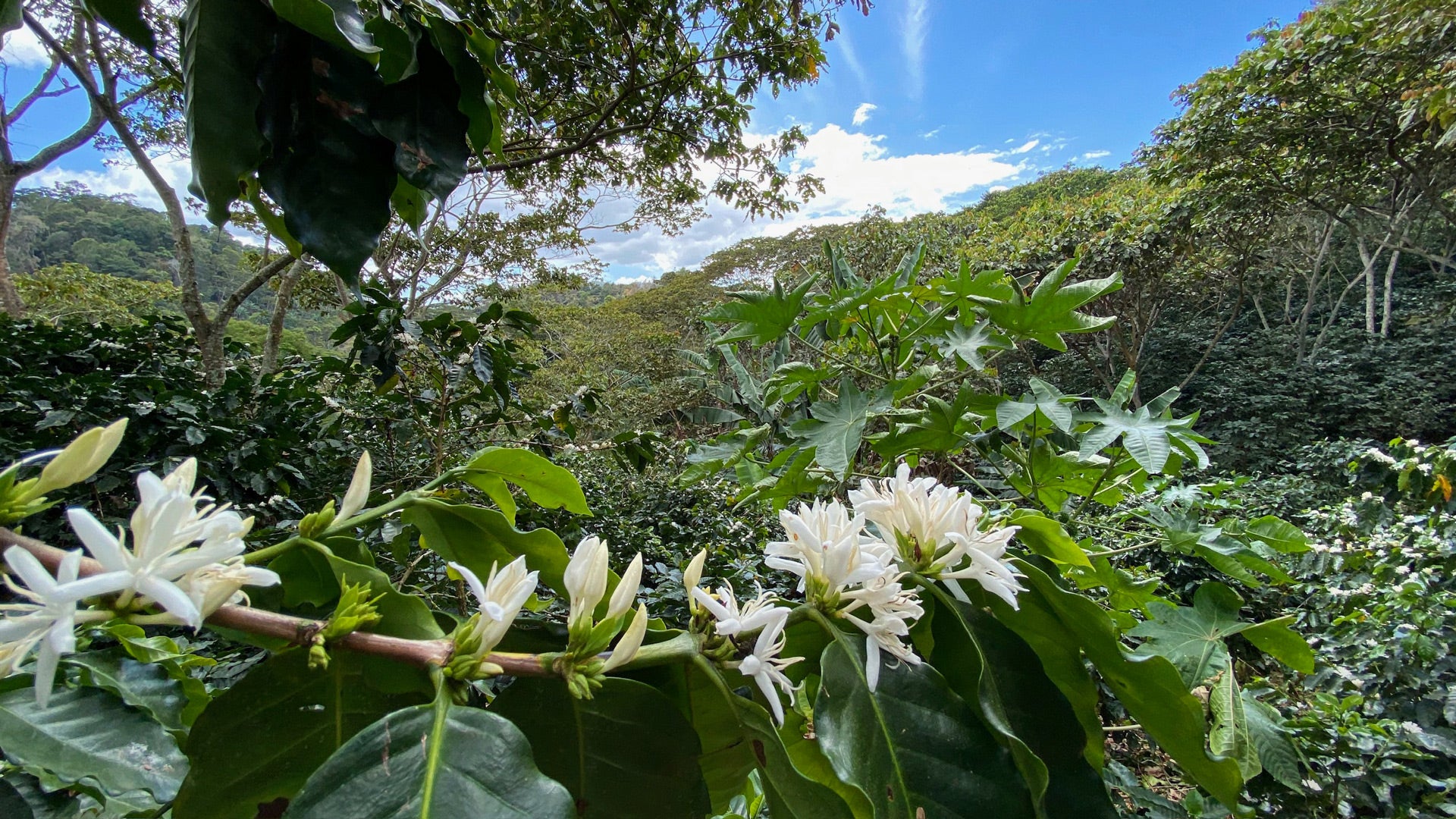We're proud to be Canada's first Regenerative Organic Certified coffee
Regenerative organic certification sets the highest standard in the world for soil health, ecosystem preservation, and farmworker fairness.
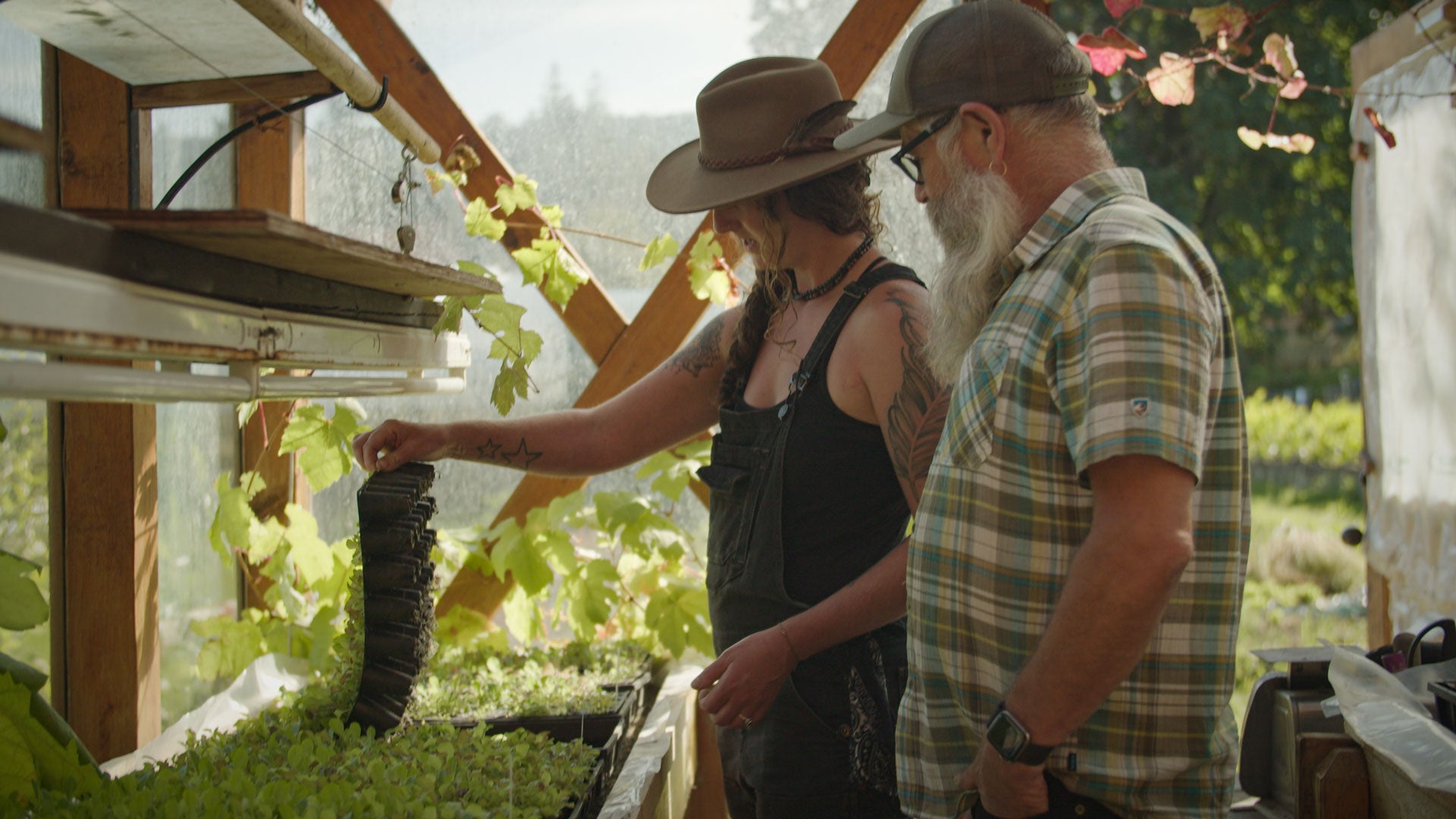

Our journey to regenerative organics
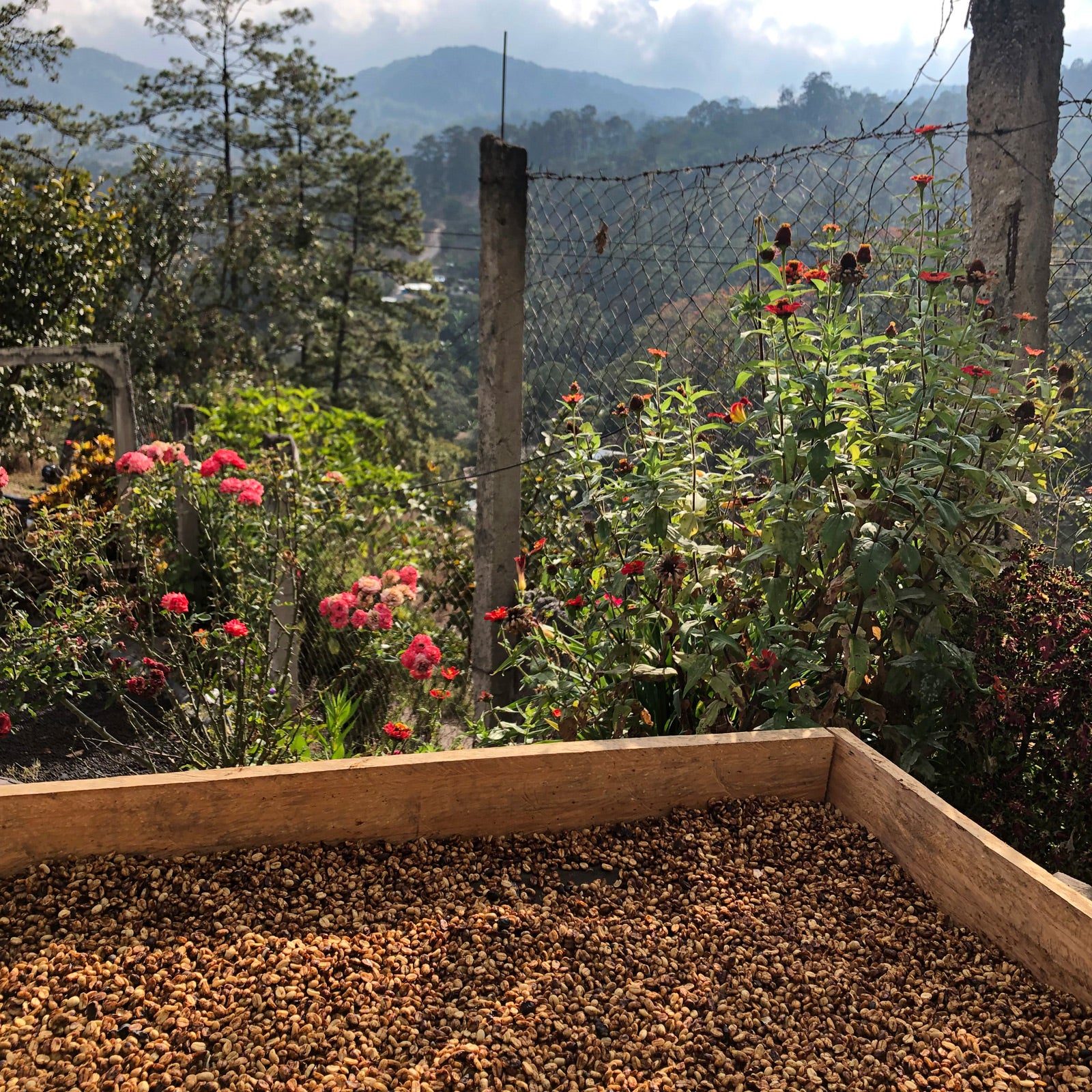
Nature tastes (a lot) better
What makes regenerative organic coffee better?
The easiest way to describe regenerative organic coffee is that it's the opposite of industrialized, mono-crop coffee.
Regenerative organic farmers have generational expertise growing coffee plants in symbiosis with native rainforests and ecosystems. The crops are smaller, the soil is richer, and the plants are healthier. The sun, the rain, and natural compost are all that are required to bring the coffee berries to a bright fruit. Only the ripest berries are picked, at the peak of freshness, and sundried naturally in the oxygen-rich rainforest air.
When roasted to perfection, the result is a uniquely rich, smooth, truly rewarding cup of coffee.
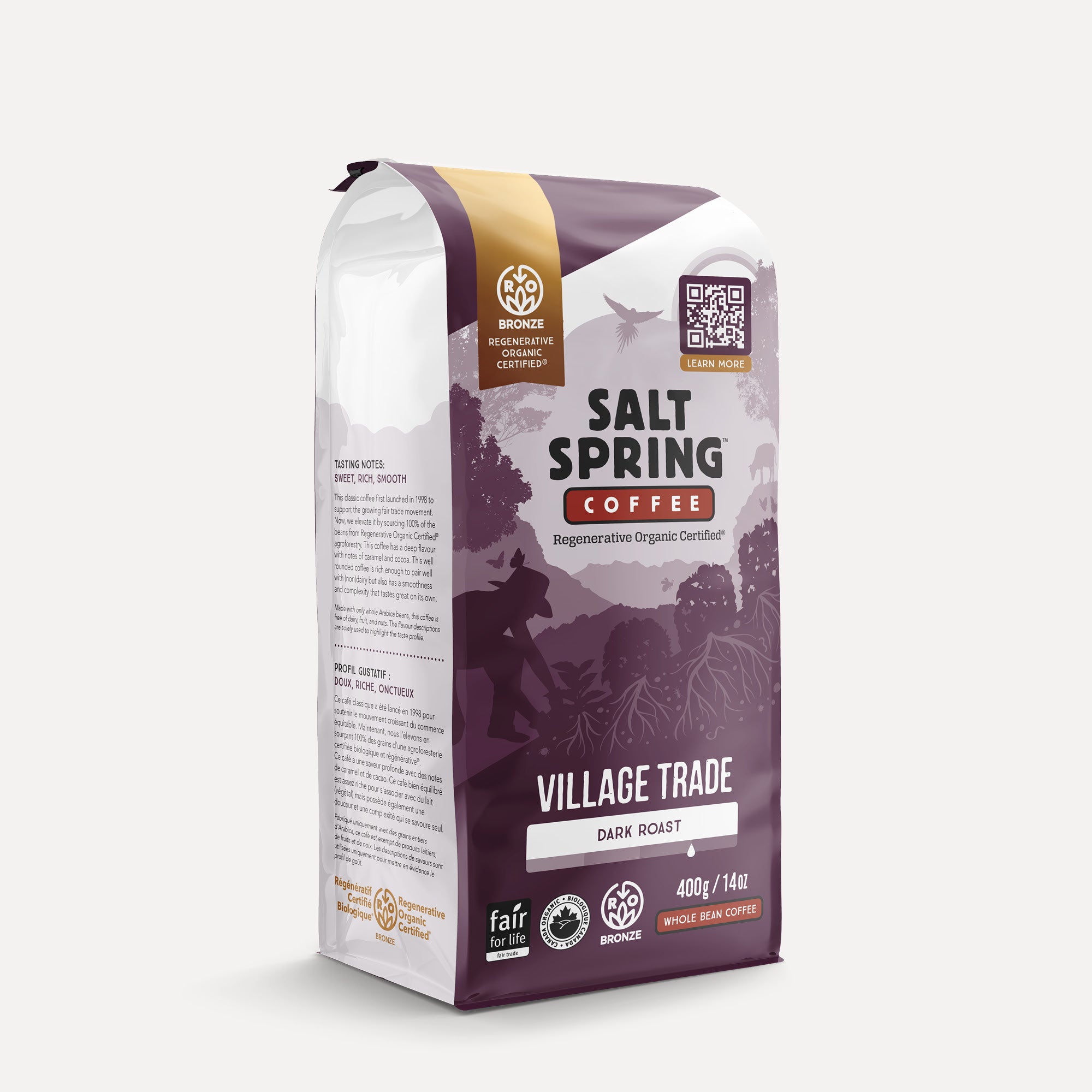
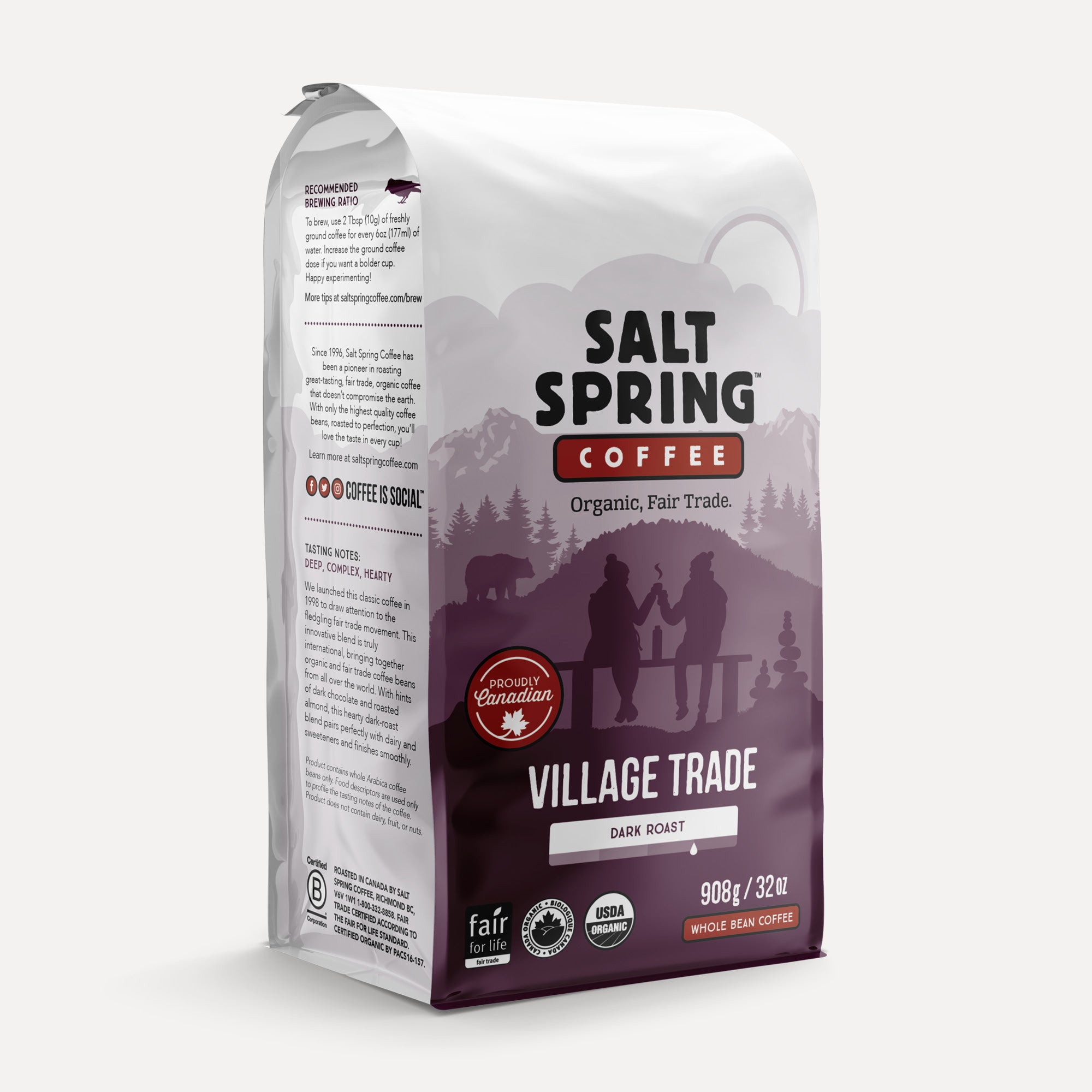
Regenerative Organic & Fair Trade
Dark Roast
Deep, Complex, Hearty
Village Trade is Canada's first Regenerative Organic Certified® coffee, setting the highest standard in the world for soil health, ecosystem preservation, and farmworker fairness.
In 1998, we introduced Village Trade Coffee to champion the then-fledgling fair trade movement. Today, we proud to offer Village Trade with Regenerative Organic Certification that signifies our dedication to sustainable practices that go beyond traditional organic and fair trade standards.
With a rich flavour profile boasting hints of dark chocolate and roasted almond, this hearty dark roast pairs seamlessly with dairy and sweeteners, providing a smooth finish. By choosing Village Trade Coffee, you're not only indulging in a superb cup but also contributing to a regenerative approach that nurtures the environment and uplifts the communities that cultivate these exceptional beans.
It truly takes a village, and we're honoured to share this journey with you.
Origin
Latin America
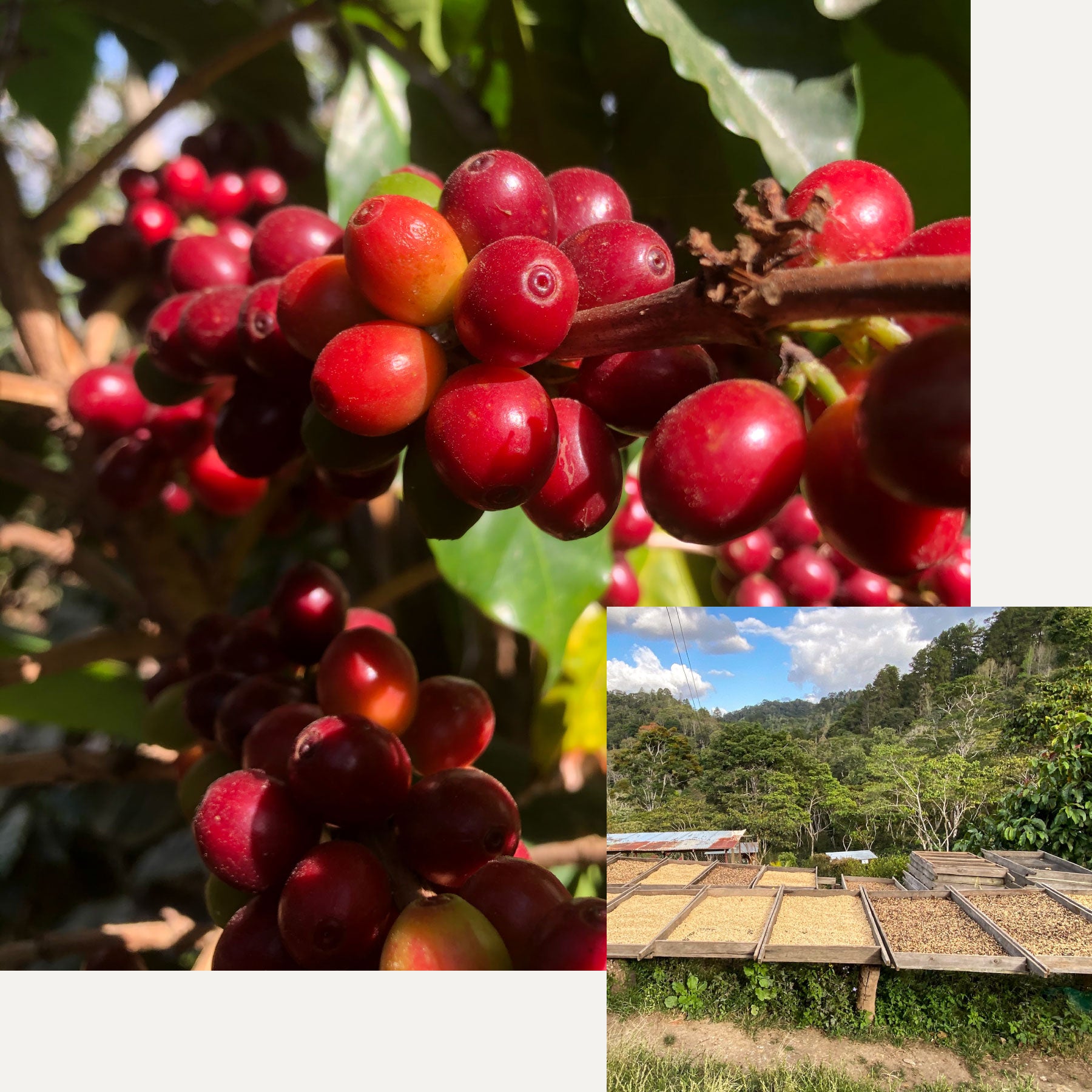
What we do to the earth, we do to ourselves
Industrialized, mono-crop agriculture and the for-profit destruction of rainforests and farmland devastates our ecosystem and harms our communities. Join us in supporting change.
Regenerative organic certification sets the highest standard in the world for soil health, ecosystem preservation, and farmworker fairness. For a farm or product to be Regenerative Organic Certified®, it must first meet USDA organic requirements. From there, additional rigorous standards must be met including sustainable agricultural practices, animal welfare protections, and social responsibilities including supporting the wellbeing of farmers and workers.
Regenerative organic certification provides a holistic framework that ensures communities and ecosystems throughout the coffee supply chain flourish, from crop to cup. At Salt Spring Coffee, our commitment to regenerative organic certification is another step forward in our mission to change the world for the better.
Regenerative Organic Agriculture
Regenerative organic agriculture is a collection of practices that focus on regenerating soil health and the full ecosystem.

Minimal Soil Disturbance
Conventional farming equiptment can destroy the soil structure and microbiome. Minimizing disturbance to the soil is beneficial for water retention, and prevents erosion & carbon loss.
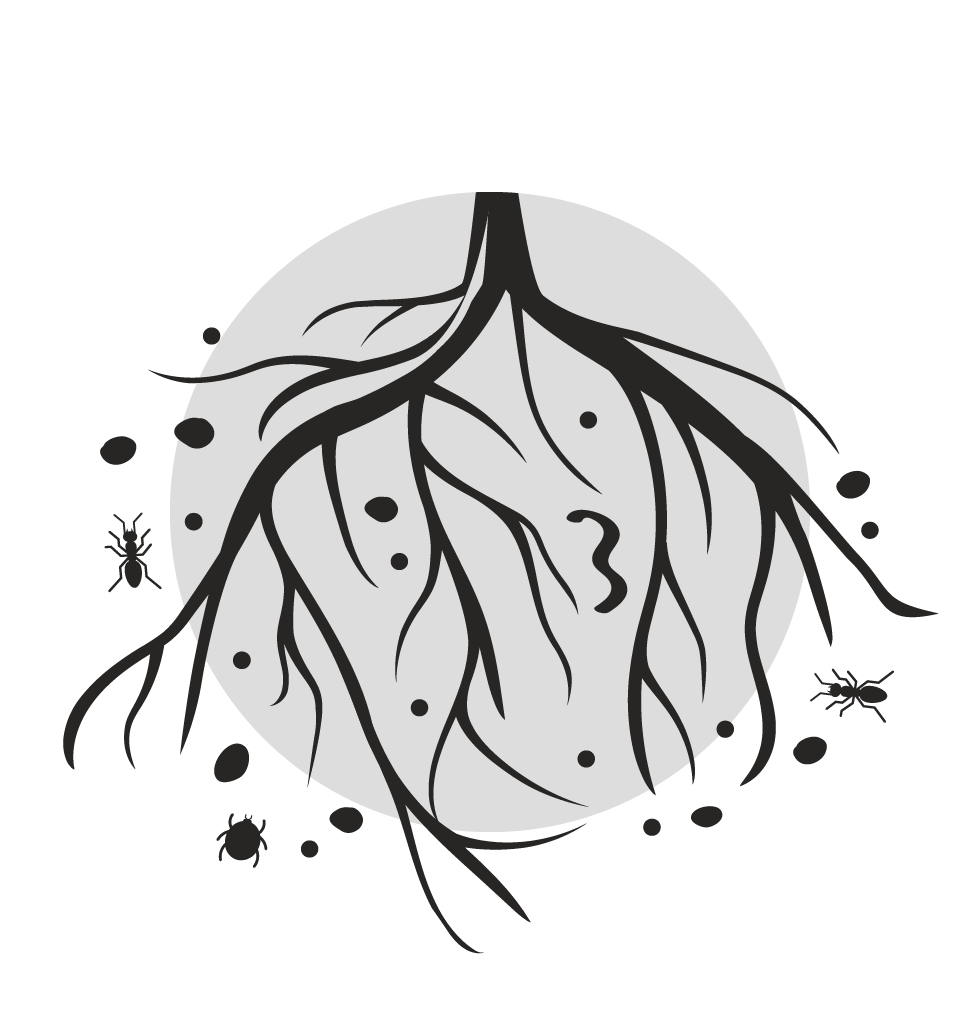
Crop Rotation
Instead of planting the same crops on the same plots year after year, farmers diversify what kinds of crops are grown in each area. This improves soil health and optimizes the nutrients in the soil.

Vegetative Cover
Keeping the land covered with a lush canopy or organic matter year-round. These nitrogen-fixing cover crops reduce carbon, return nutrients to the soil, prevent erosion, are a natural form of pest control.

Rotational Grazing
Grass-fed and finished animals rotate through enclosed pastures, which allows for essential regrowth between the animals grazing cycles. This also returns nutrient-rich manure to the topsoil.
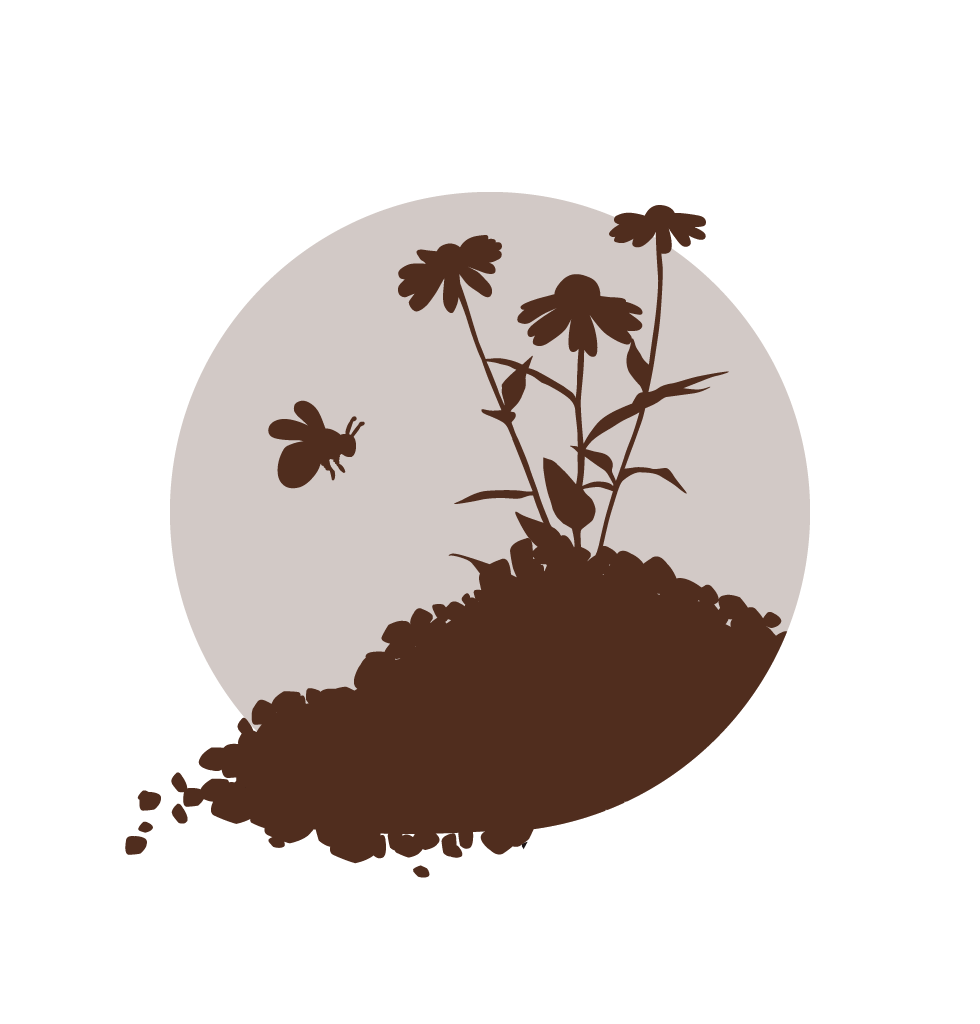
Compost
A well-known practice in regenerative agriculture, microbe rich compost is like a superfood for the soil. Adding compost to fields and forests helps boost soil health, and maximises soil water retention.
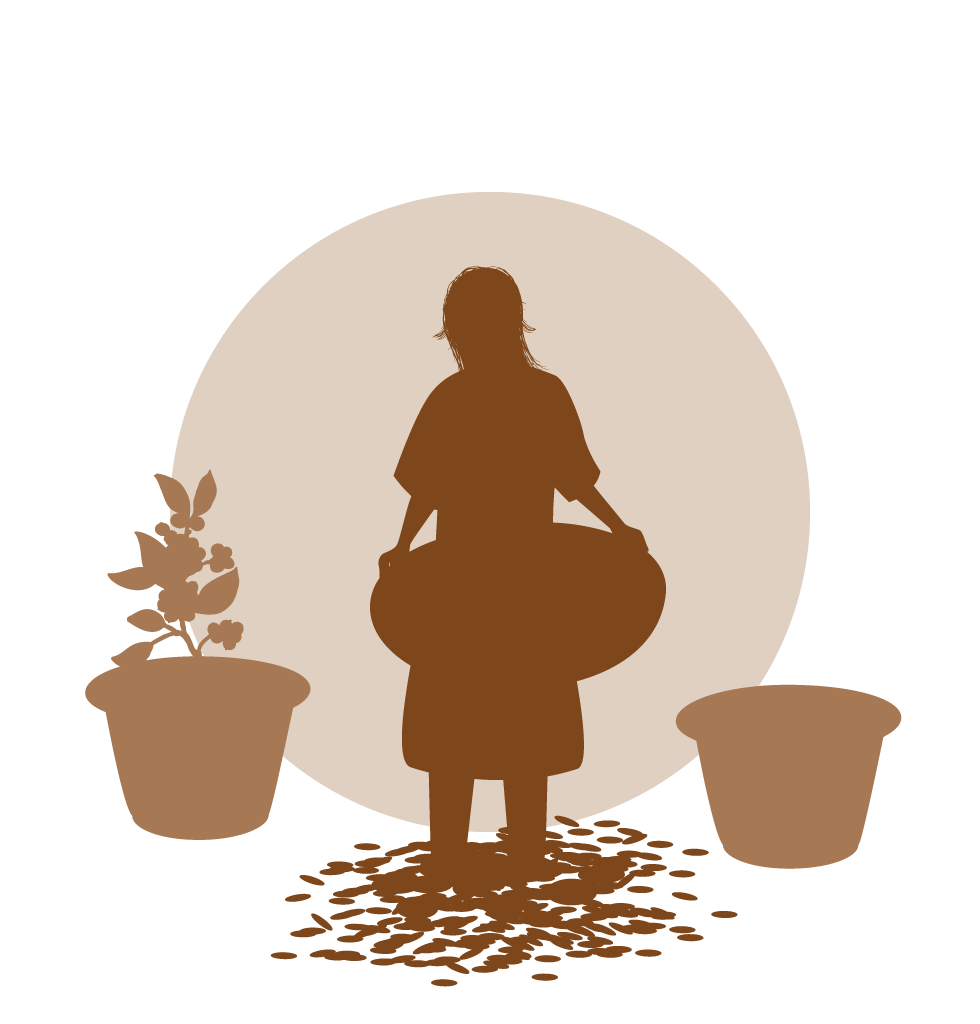
Avoidance of Synthetic Fertilizers
Because of the complete ecosystem approach to farming, the usage of synthetic fertilizers and pesticides are not needed pest control.
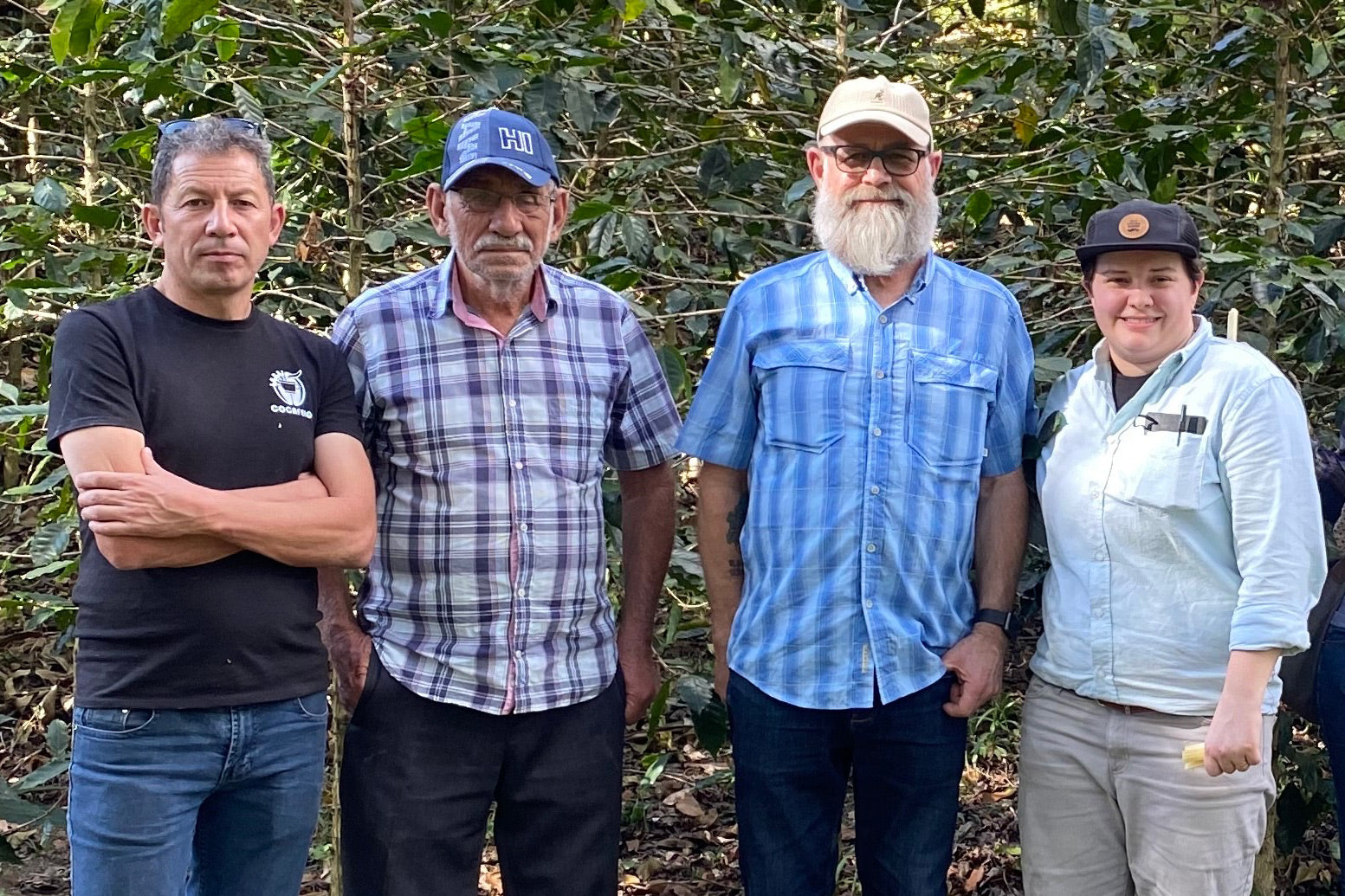
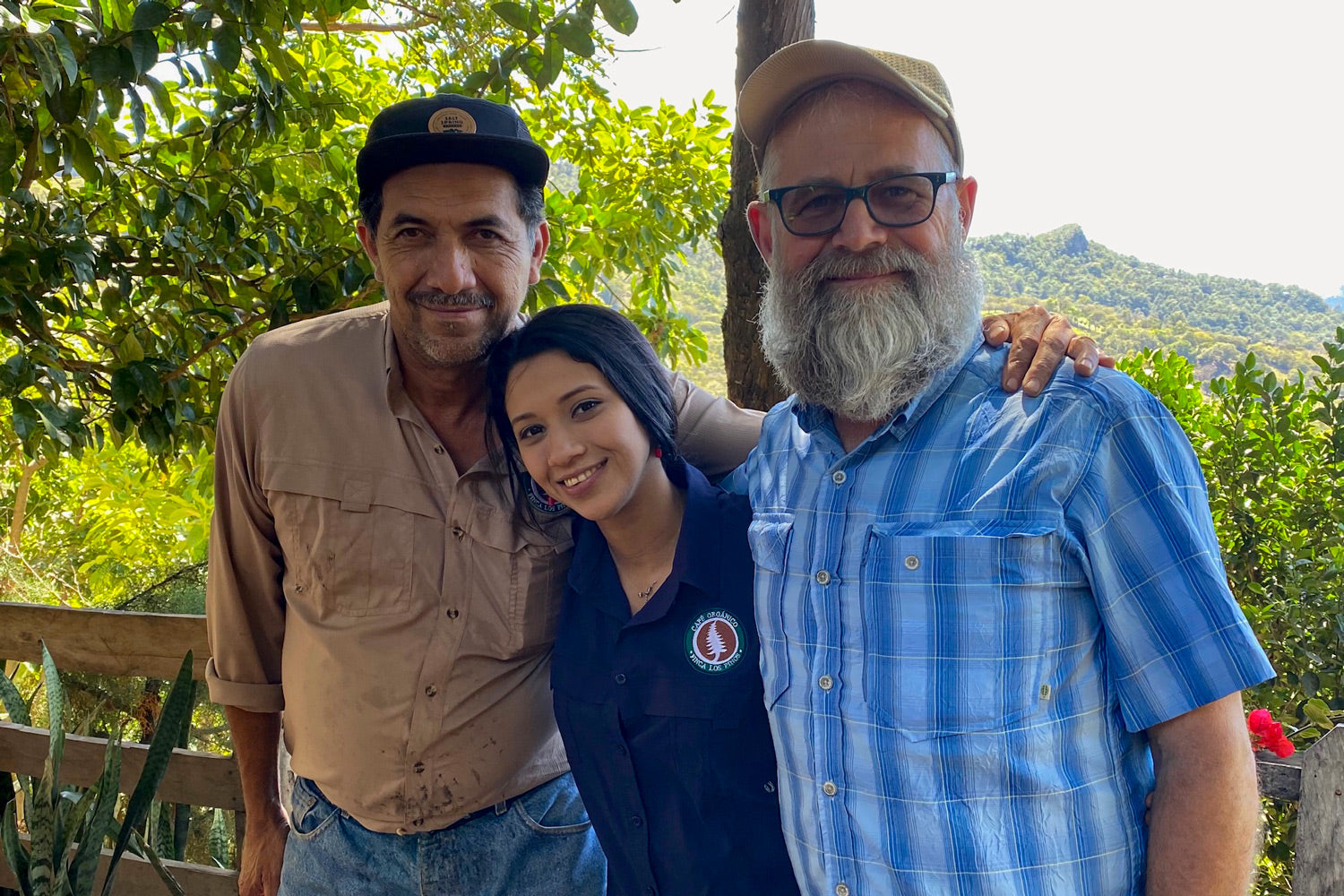
Fair to Farmer
Direct trade partnerships
We want our communities to flourish from crop to cup. That's why we support long-term direct trade partnerships, and work with the same coffee farmers year after year. The Fair Trade premiums we pay go directly to the coffee farmers who decide on how to reinvest the money within their community.
View Mickey and Robbyn's origin trip pics and giving back through the years:
Regenerative organic in the news
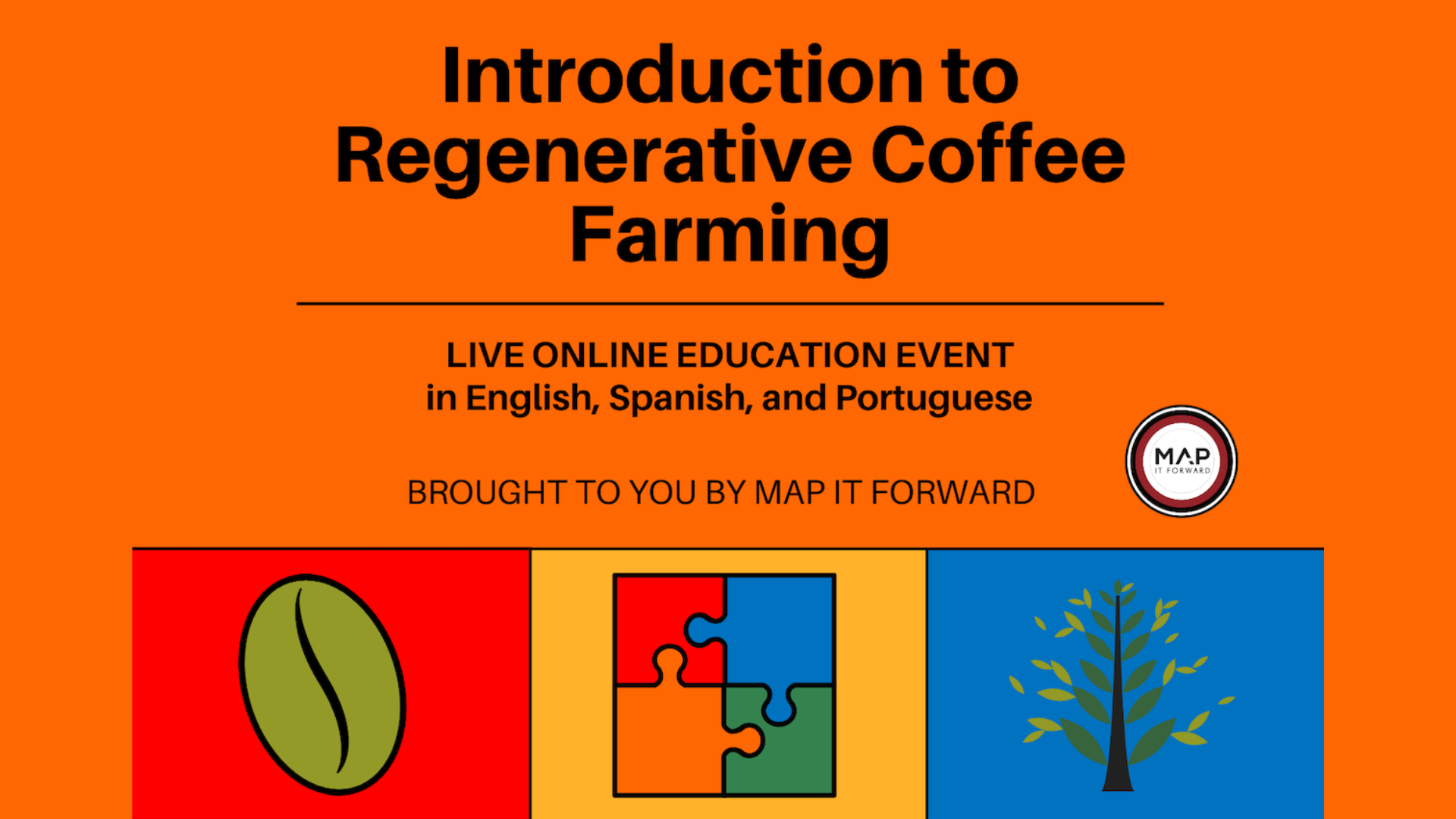
A Workshop on Regenerative Coffee Farming
In October 2024, coffee events, podcasting and consulting agency Map it Forward hosted an online workshop on Regenerative Coffee Farming — a topic that we are very passionate about here at Salt Spr...
Read more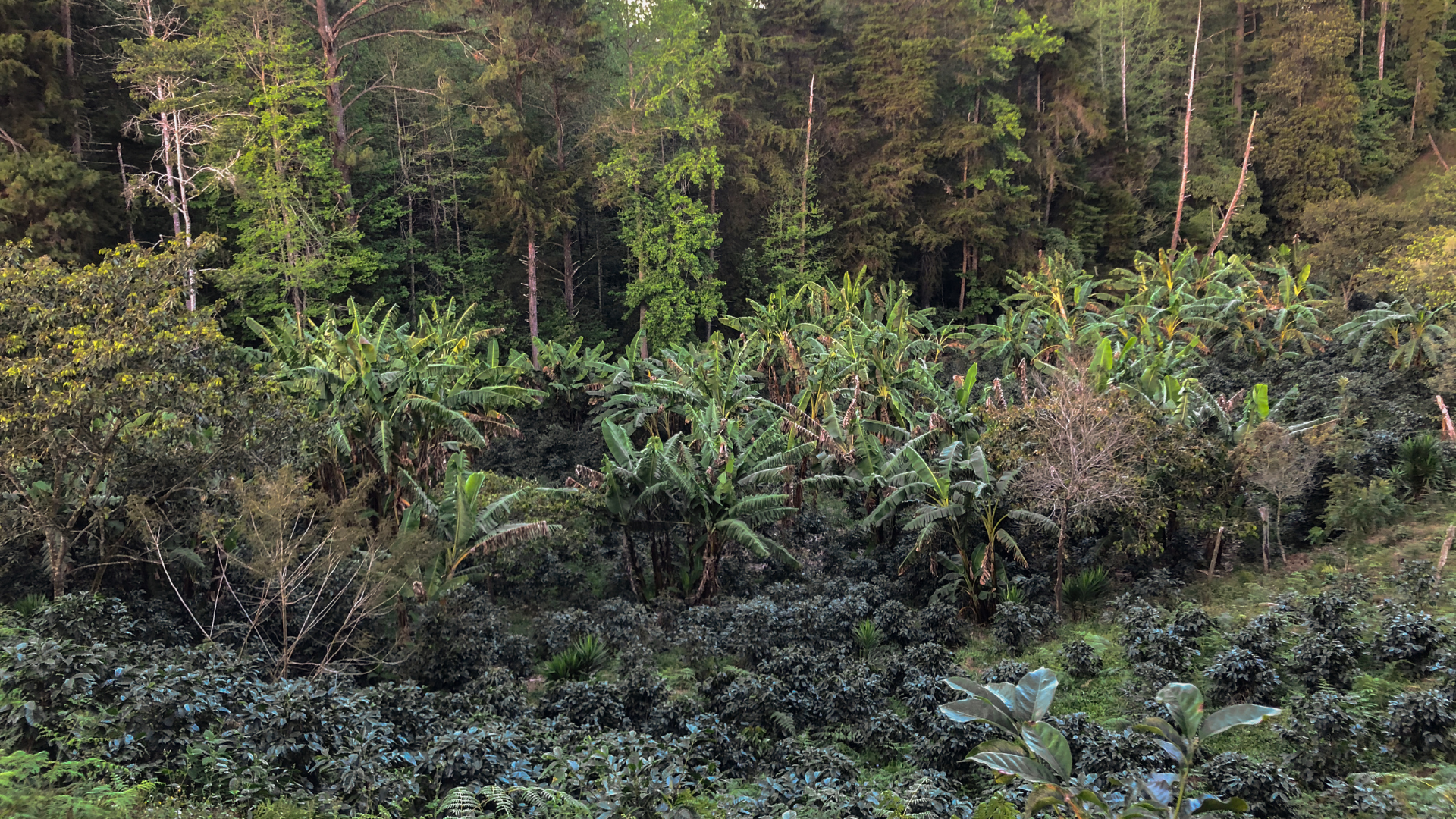
What is Regenerative Organic Certified® Coffee and Why is it Important?
With all the labels and certifications out there, it can be challenging to know what really stands behind them. One certification that we have been talking about for a while is the Regenerative Org...
Read more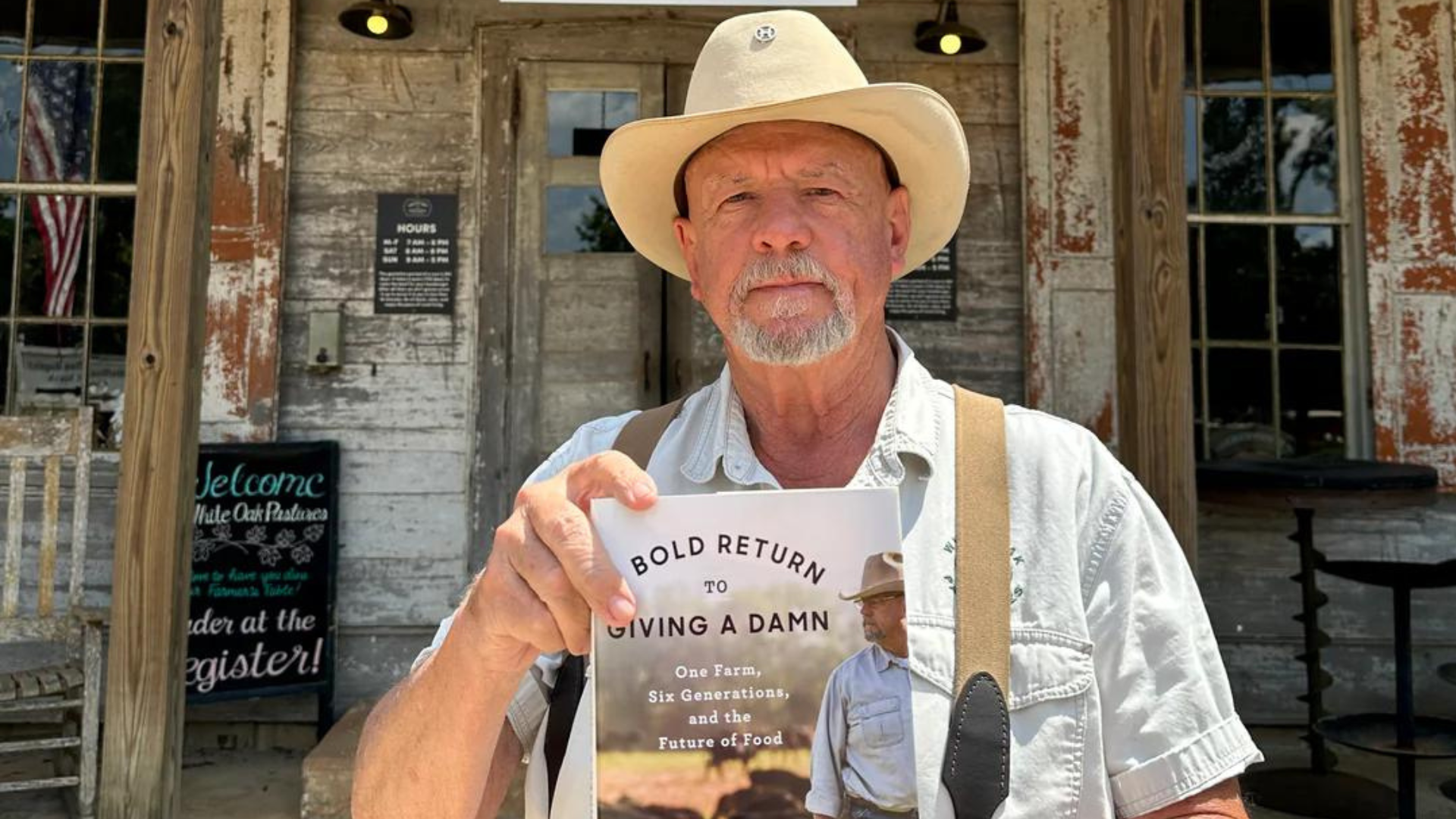
A Bold Return to Giving a Damn: A Book by Will Harris
One Farm, Six Generations, and the Future of Food As we continue to share regenerative organic resources, we felt like we just had to include the book A Bold Return to Giving a Damn, written by Wil...
Read more